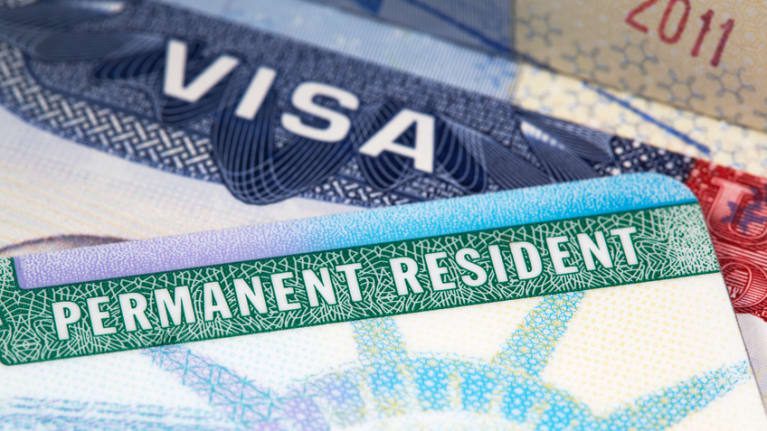Table of Contents
H-1B Visa
The H1B visa program has long been a popular visa option for foreign nationals looking to migrate to the United States for a temporary stay. Although a US H-1B visa is an immigrant visa, meaning it is a visa that offers a path to US citizenship, there are many limitations. The biggest limitation is that individuals must obtain employer sponsorship or find a company willing to sponsor them in order to enter the pool for H1B visas each year. This is difficult, as US employers prefer to hire US individuals to avoid sponsor paperwork, and employers are also required to show why hiring a foreign person is necessary for their organization over hiring a US person for the same position.
Since so many foreign individuals have been picked up over the years, especially by large tech companies, the pool for the H1B visa has become oversaturated, creating a lottery draw rather than a guaranteed visa attached to a job offer. This means that even individuals who have a willing employer sponsor are not guaranteed an H1B visa in any given year. Due to the high level of applicants, foreign individuals must ensure they are in the pool by April 1st each year to even have a chance to be selected from the draw. If the applicant isn’t chosen in that year, they will not be able to work and will have to re-apply the following year.
In 2023, we will see the greatest layoffs of tech employees in the United States. It is estimated that almost 2,40,00 workers have lost their jobs due to a tech bubble burst. This means that those who are on H1B visas and lose their jobs have limited time to find a new job or must leave the country. Even those who have been working in the US for years and have built a life. Those with H1B visas also find that because their visa status is tied to an employer, they often take or stay in positions with less pay and fewer prospects of upward movement to preserve their ability to stay in the US.
The Green Card
US Green card holders do not and will not face the same issues as H1B visa holders. Those with green cards don’t have a residency tied to employment, meaning, even in the case of job loss, they can stay in the US, look for a job with any company, and not be tied to one employer who is sponsoring them.
Finally, the path to a green card and then permanent citizenship and residency through the H-1B visa route is long and arduous which means again, that foreign individuals are tied to their sponsors for years until they can achieve permanent residency status.
Because of these issues, more and more H1B visa holders are applying for green cards through the US EB-5 Immigrant Investor Program. In addition, due to new legislation, these visa holders may stay in the United States while their EB-5 petition is being processed and obtain an employment authorization document within just a few months. This document frees the H1B visa holder from their employer sponsor and allows them to gain employment anywhere in the US, for any company, including starting their own business legally. This new process is called Adjustment of Status concurrent filing and was only introduced in March 2022, spurring greater interest from H1B visa holders already in the United States.
FAQs
A H1-B visa can be used to live and work in the United States (with certain restrictions), whereas a Green Card gives an individual permanent resident and citizenship status and can be renewed every 10 years.
Yes, you can indeed apply for both a Green Card and H1-B visa at the same time.
A green card gives an individual permanent resident status and can be renewed every 10 years, whereas a H1-B visa is temporary and explicitly tied to an employer. If a person with a H1-B visa loses their job, they have just 30 days to lawfully remain in the USA.
The H1-B Visa also makes career growth more complicated, as for every new vertical job title they must re-apply for the H1-B Visa, being put back into the lottery system and facing an uncertain outcome once more.
Popular Searches :
Canadian Start-Up Visa Program | Immigrate to USA without job offer | Citizenship by Investment Program Guide | Canadian Employment and Healthcare | Skilled Migrants Guide | Need of an Immigration Lawyer | Cost of Living in Canada | Visa Options For US Residency | Old vs. New EB-5 Immigration Program | Guide to the EB-5 Green Card | EB-5 Direct Investment vs. Regional Center Investment| New EB-5 Visa Categories | Benefits of US Green Cards | EB-5 Investors and Dependents | Cost of studying in Canada | Right Regional Center for EB-5 Visa Application | Immigrating to The US Without a Job Offer | Does The United States Have A Golden Visa
Fill in the form below to get in touch with a Step Global lawyer and discuss the benefits of green cards.




